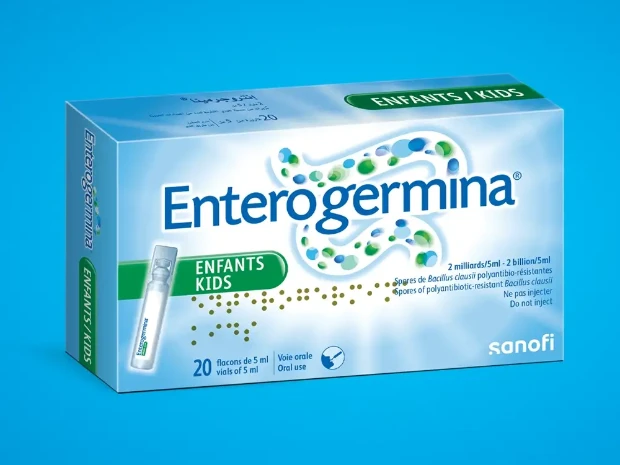Antibiotics & Bacterial Flora
Children are more sensitive to antibiotic treatments compared to adults as their microbiota colonies are still developing, leaving them more vulnerable.
Alteration of Microbial Populations
A lack of beneficial microbes means the body is more susceptible to illness, including digestive conditions.
Children Struggle to Rebalance Bacteria
Particularly when those bacteria were reduced by antibiotics. It takes a young body a substantial amount of time to replenish the lost colonies, leaving a large window of vulnerability for gut disorder to set in.
Viral Prescription Medications
Antibiotics can only work against bacterial infections. Often they are used for viral infections, rendering them ineffective. This can be unnecessarily harmful to the intestines.
Symptoms of Antibiotic Related Gut Disorders in Children
Children are more sensitive to antibiotic treatments compared to adults. Common occurrences include:
Allergic Reaction
Rashes and nausea are common when a child is introduced to an unfamiliar medication.
Diarrhea
Diarrhea is common in children during antibiotic treatments due to their effect on gut microbiome. Kids experiencing this need to drink sufficient water to prevent dehydration.
Abdominal Pain
When antibiotics destroy the good bacteria of a child’s intestine, cramping and bloating tend to follow close behind.
Antibiotic Effects in Children: Tips & Remedies
When antibiotics have gotten the better of your child’s internal systems, you need to do what you can to help.
Provide a substantial diet
When the immune system is in a weakened state, a child needs healthy foods that supply energy and nutrients.
Increase fluid intake
If the antibiotics are causing the gut to leak, it’s important that you offer sufficient fluids to prevent a very likely case of dehydration.
Keep to a strict schedule and dosage
Keeping to an antibiotic schedule can help a young body with better absorption and provide much-needed time for regeneration.

How to Prevent Antibiotics from Affecting Your Child
As a parent, it’s your responsibility to try to protect the body of a child going through antibiotic treatment.
Frequently Asked Questions
It’s important to be aware of what exactly an antibiotic is doing to your child’s internal systems. You’ve probably got a few questions for us; check out our FAQ.
-
About 1 in every 5 children will develop mild diarrhea as a side effect to antibiotic treatment.
-
Antibiotics are often a necessity when it comes to children’s health. One way to prevent the negative affects associated to these treatments would be to introduce a probiotic into the schedule of the child, such as Enterogermina.
-
Antibiotic-associated diarrhea in children can be stopped and treated by replenishing the intestinal flora that the medications wiped out. Bacillus Clausii is a spore-forming bacteria with this ability.
Our Product
Enterogermina®’s range will scan the gut for intestinal flora imbalance and deliver billions of good bacteria to treat both the condition and associated symptoms. 1

How can Bacillus clausii help you solve your gut problems?
Bacillus clausii is a type of spore-forming good bacteria that works to rebalance the intestine. When consumed regularly (or as advised by a HCP), it can help to treat and prevent different conditions associated to gut disorder.
Stay Informed
Getting to know your gut, and identifying your personal triggers, is the first step to better intestinal health. Stay informed as to how gut microbiota become negatively affected by everything from traveling to seasonal changes, and how to bring about internal balance to your life.
- Enterogermina® 2 billion vials Patient Information Leaflet Last revised April 2022.
- Enterogermina® 6 billion sachets Patient Information Leaflet Last revised April 2022.
- Enterogermina® 2 billion capsules Patient Information Leaflet Last revised April 2022.
- Product information
- Stress and stomach pain: When should you see a specialist?; UChicagoMedicine. Chicago: The University of Chicago Medicine; 2020 [quoted June 2021] https://www.uchicagomedicine.org/forefront/gastrointestinal-articles/stress-and-stomach-pain-when-should-you-see-a-specialist
- Healthy Eating Pyramid; Harvard University. Boston: Harvard T.H. Chan School of Public Health; 2008 [quoted June 2021]. https://www.hsph.harvard.edu/nutritionsource/healthy-eating-pyramid/




.webp/jcr:content/Enterogermina-AE-capsule.webp)




